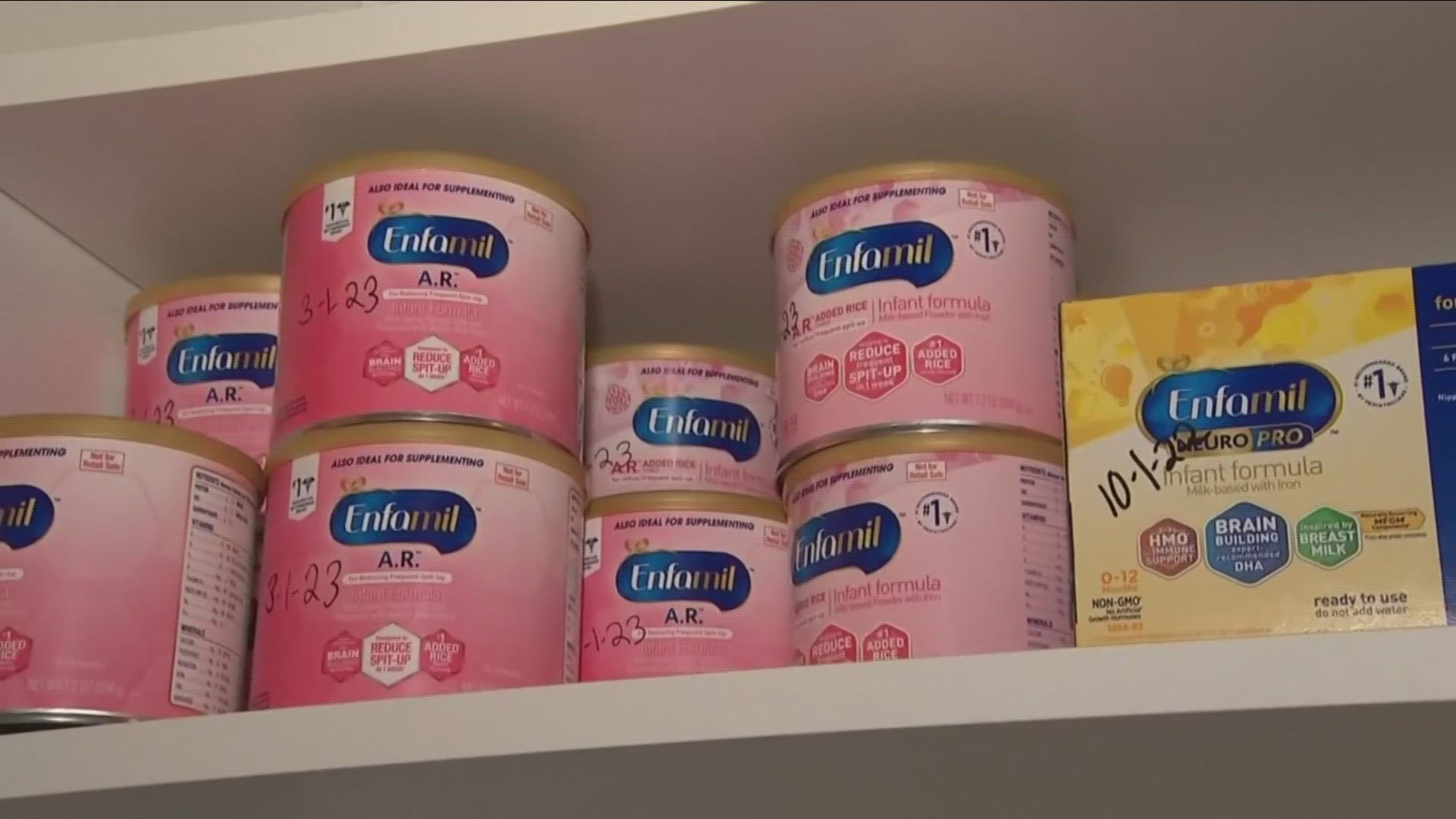ALBANY, N.Y. — New York State has recorded lowest seven-day COVID-19 positive rate since November 28,2020.
That's according to Governor Andrew Cuomo, who issued a statement Tuesday morning.
The seven-day average COVID-19 positive rate dropped to 3.71%.
"The numbers continue to trend in a good direction because New Yorkers are taking this virus seriously and doing the right things to protect themselves and their families. New Yorkers should be commended for that," Governor Cuomo said. "We are working 24/7 to get vaccines into arms as quickly as possible, and while we have the operational capacity to do more, lack of supply remains the single limiting factor. So while we do the work of getting every eligible person the vaccine as quickly as humanly possible, we need to continue to be smart: wear masks, socially distance, avoid gatherings, and stay New York Tough."
The governor's office also released a data summary for Monday, February 15, 2021.
- Test Results Reported - 136,392
- Total Positive - 6,753
- Percent Positive - 4.95%
- 7-Day Average Percent Positive - 3.71%
- Patient Hospitalization - 6,620 (-3)
- Net Change Patient Hospitalization Past Week - -1,255
- Patients Newly Admitted - 560
- Number ICU - 1,271 (+1)
- Number ICU with Intubation - 878 (+3)
- Total Discharges - 138,975 (+433)
- Deaths - 107
- Total Deaths - 37,328
The seven-day positive rate for the WNY Region is currently 3.31%. The WNY region consists of Erie, Niagara, Chautauqua, Cattaraugus and Allegany counties.
Human coronaviruses are usually spread through...
• The air by coughing or sneezing
• Close personal contact, such as touching or shaking hands
• Touching an object or surface with the virus on it, then touching your mouth, nose or eyes before washing your hands.
Help stop the spread of coronavirus
• Stay home when you are sick.
• Eat and sleep separately from your family members
• Use different utensils and dishes
• Cover your cough or sneeze with your arm, hot your hand.
• If you use a tissue, throw it in the trash.
Lower your risk
• Wash your hands often with soap and water for at least 20 seconds. If soap and water are not available, use an alcohol-based hand sanitizer.
• Avoid touching your eyes, nose, and mouth with unwashed hands.
• Avoid close contact with people who are sick.
• Clean and disinfect frequently touched objects and surfaces.
• If you are 60 or over and have an underlying health condition such as cardiovascular disease, diabetes or respiratory illnesses like asthma or COPD, the World Health Organization advises you to try to avoid crowds or places where you might interact with people who are sick.



